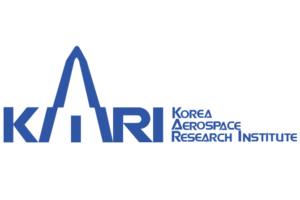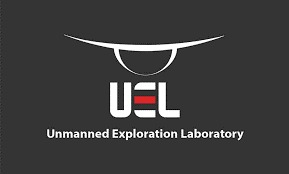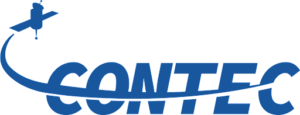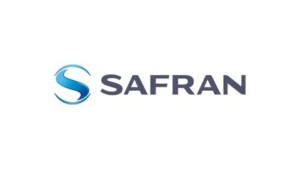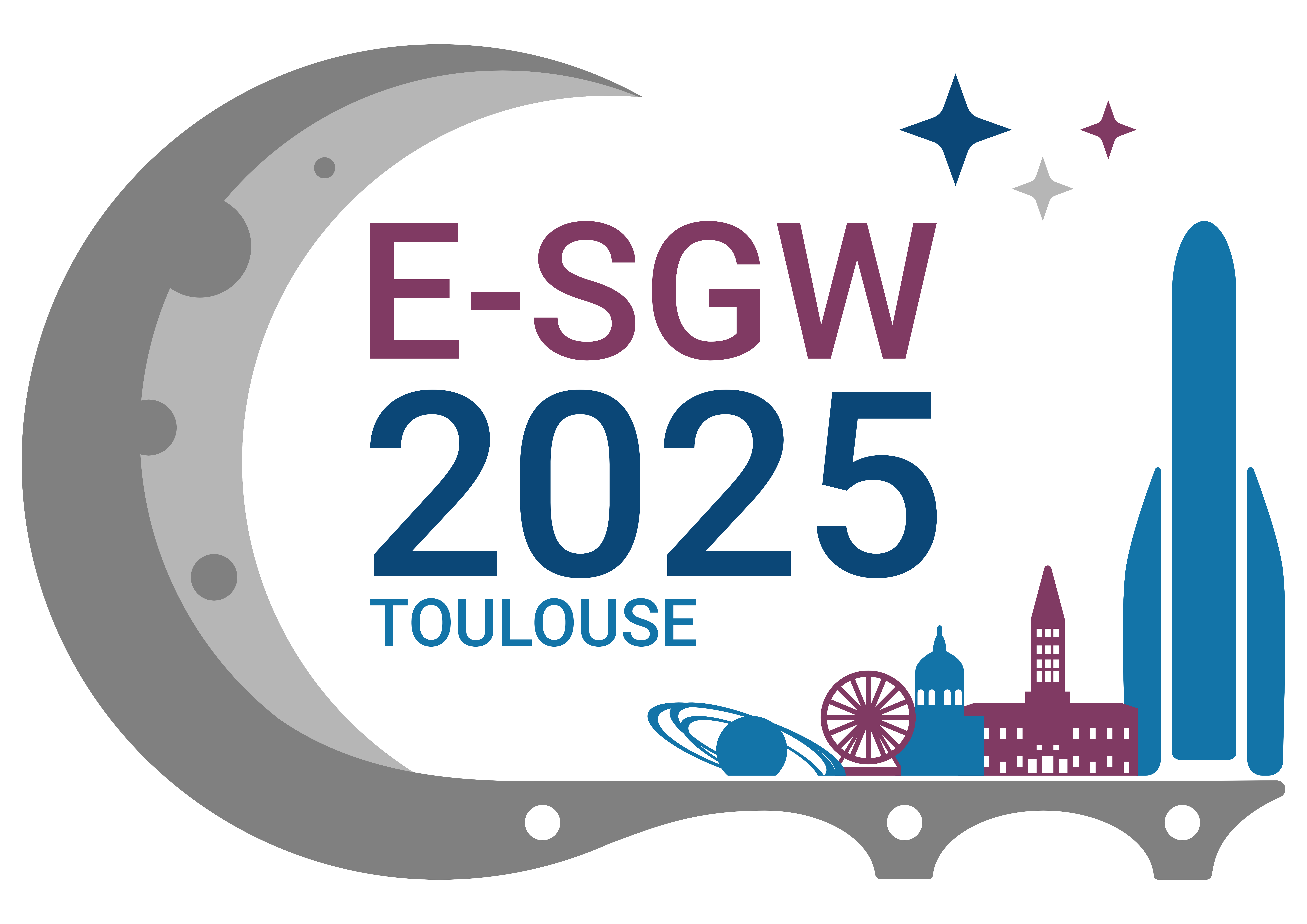Interested in sponsoring a unique international event?
Contact us at [email protected]
Please find thereafter our sponsorship kit
KARI
KARI is partnering with the Our Giant Leap Hackathon 2022!
The Korea Aerospace Research Institute (KARI), since its establishment in 1989, has been the driving force behind aerospace research and development in Korea as the leading national R&D institute in this field.
KARI’s R&D areas include state-of-the-art aircraft development, satellite development and space launch vehicle development. KARI is also responsible for the quality certification of aircraft and space equipment, mandated by the government.
IAU
The International Astronomical Union is sponsoring the Our Giant Leap Hackathon 2022!
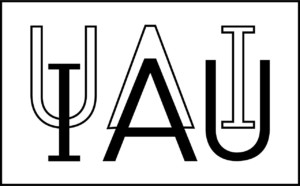
The International Astronomical Union (IAU) was founded in 1919. Its mission is to promote and safeguard the science of astronomy in all its aspects, including research, communication, education and development, through international cooperation. Its Individual and Junior Members — structured in Divisions, Commissions, and Working Groups — are professional astronomers from all over the world, at the Ph.D. level and beyond, active in professional research and education in astronomy. The IAU has 12583 Individual and Junior Members in 108 countries worldwide. Of those countries, 84 are National Members. In addition, the IAU collaborates with various scientific organizations all over the world.
Starlab Oasis
StarLab Oasis provides access to the scientific potential of the unique space environment, develops agricultural food technologies for a resource-limited world, leads in the discovery of climate solutions, and pioneers humanity to sustainably explore the universe.
Unmanned Exploration Laboratory (UEL)
UEL is a Seoul-based startup specializing in systems solutions for unmanned missions in extreme environments. UEL’s portfolio includes medium-range/altitude solar-powered drones, multicopters, and rovers. As a systems solution provider, they possess a full-spectrum development capacity ranging from hardware design, software development, prototype manufacturing, testing and validation, systems control, and data analytics. UEL’s key portfolio is its legacy of lunar rovers. With in-house lunar regolith simulant manufacturing capabilities, UEL has over 30 wheel variations that have been tested on simulated lunar terrain environments. UEL has two/four/six-wheel models for lunar rovers, as well as various mission packages for lunar terrain mapping, physical/chemical experimentation, and in-situ resource utilization and construction. UEL is aiming to be one of the developers for South Korea’s unmanned lunar mission, with a scope of providing unmanned systems solutions for customers around the world.
Contec
Established in January of 2015, CONTEC is a spin-off company from KARI (Korea Aerospace Research Institute) and is offering Space Ground Station Services and Satellite Image Processing & Application Services as well as a whole ground integration solution.
In order to enhance customers’ convenience, CONTEC provides a total solution for satellite missions from satellite data collection to data processing and analysis. CONTEC also engaged in space situational service development by expanding its telescope network for monitoring customer satellites and ensure their stable operation.
Safran
Safran’s longstanding support to Korea sees Safran’s equipment and technologies onboard major aerospace and defense platforms developed in Korea, for land, sea, air and space applications. Numerous relationships have been created over 45 years, with major companies (e.g. KAI, Hanwha, DSME, HHI) and SMEs through local manufacturing, co-development, or strategic partnerships. Korea’s ambition to become a global player in aerospace and defense gives Safran even more opportunities to further support this ambition and help local industries to expand globally. Thus, Safran has been established in Korea since 2014 with Safran Korea, then in 2017 with a subsidiary of Safran Electronics & Defense.
Specifically regarding the space sector, Safran has been a major contributor to Korean space programs for decades and remains a key partner for Korea’s ambitious future space challenges by providing equipment for satellites and telemetry and data transmission systems for ground stations. Safran and ArianeGroup, a 50/50 joint venture between Safran and Airbus, have provided various technologies for the Korean Space Launch Vehicles KSLV-1 and KSLV-2.

